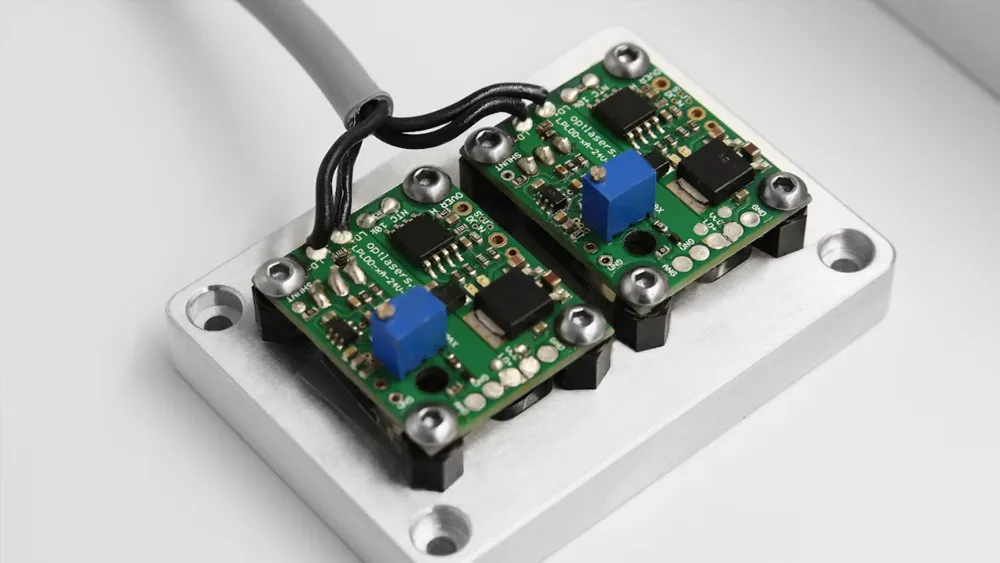
Compliance Certification for Exporting Electric Toys to the EU
What regULations should we follow when selling electric toys to the EU market?
EN 71 Series Standards:
The EN 71 series consists of 14 parts, with specific standards related to electric toys including:
- EN 71-1:2014+A1:2018 – Specifies mechanical and physical properties.
- EN 71-2:2020 – Addresses flammability issues.
- en 71-3:2019+A1:2021 – Sets limits for the migration of specific elements.
- EN 71-10:2005 – Preparation and extraction of organic compounds for testing.
- EN 71-11:2005 – Analysis methods for organic compounds.
EN IEC 62115:2020:
The EN IEC 62115:2020 standard and its amendments specifically apply to electric toys, focusing on the safety of electrical functions, including:
- Safe use of small batteries
- Battery compartment securing mechanisms
- Safety of illuminated toys (e.g., LED lights)
- Safety of remote-controlled ride-on toys
- Clearance and creepage distances to prevent electric shock and fire
Manufacturers should review the complete standards and adopt the latest versions referenced in the Official Journal of the European Union (OJEU).
Additional Requirements:
- Electric toys with wireless communication features (e.g., Bluetooth or Wi-Fi) must comply with the Radio Equipment Directive (2014/53/EU).
- Toys designed for children under 36 months have additional safety requirements.
Is a ce mark requiRED for selling electric toys in the EU?
Yes. All toys sold within the EU must bear the CE mark, signifying compliance with EU safety regulations. Before affixing the CE mark, manufacturers must complete the following steps:
1. Conduct a safety assessment.
2. Confirm the product meets basic safety requirements.
3. Prepare technical documentation demonstrating compliance.
4. Issue a declaration of conformity.
Once these steps are completed, the product may carry the CE mark. For further details, consult the ce marking guide.
What additional information must be labeled on electric toy packaging?
- Manufacturer and Importer Information: Clear identification of the manufacturer and EU importer details is required on the toy.
- Warnings and Instructions for Use:
- Warnings and instructions should clearly indicate potential risks, associated hazards, and precautionary measures.
- Many toys, including electric toys, require safety warning labels.
- For toys not suitable for children under 3 years, specific warnings such as "Not suitable for children under 3 years" or "Not recommended for children under 3 years," along with graphical warning symbols, should be clearly marked.
Warnings should be concise, highlighting specific risks, with detailed explanations provided in the instruction manual.
Special Note:
Warning labels only apply to toys genuinely unsuitable for children under 3. Nevertheless, manufacturers must comply with additional specific regulations for such toys.
Email:hello@jjrlab.com
Write your message here and send it to us
 Canada ISED Certification RSS-247 Standard Testing
Canada ISED Certification RSS-247 Standard Testing
 What Are the Product Compliance for Amazon Austral
What Are the Product Compliance for Amazon Austral
 Australia IoT Security Compliance
Australia IoT Security Compliance
 V16 Warning Light EU EN 18031 Cybersecurity Certif
V16 Warning Light EU EN 18031 Cybersecurity Certif
 Japan IoT Security JC-STAR Certification
Japan IoT Security JC-STAR Certification
 FCC SDoC Compliance Information Statement
FCC SDoC Compliance Information Statement
 What Does FCC SDoC Certification Mean?
What Does FCC SDoC Certification Mean?
 What is Bisphenol A (BPA) Testing?
What is Bisphenol A (BPA) Testing?
Leave us a message
24-hour online customer service at any time to respond, so that you worry!




